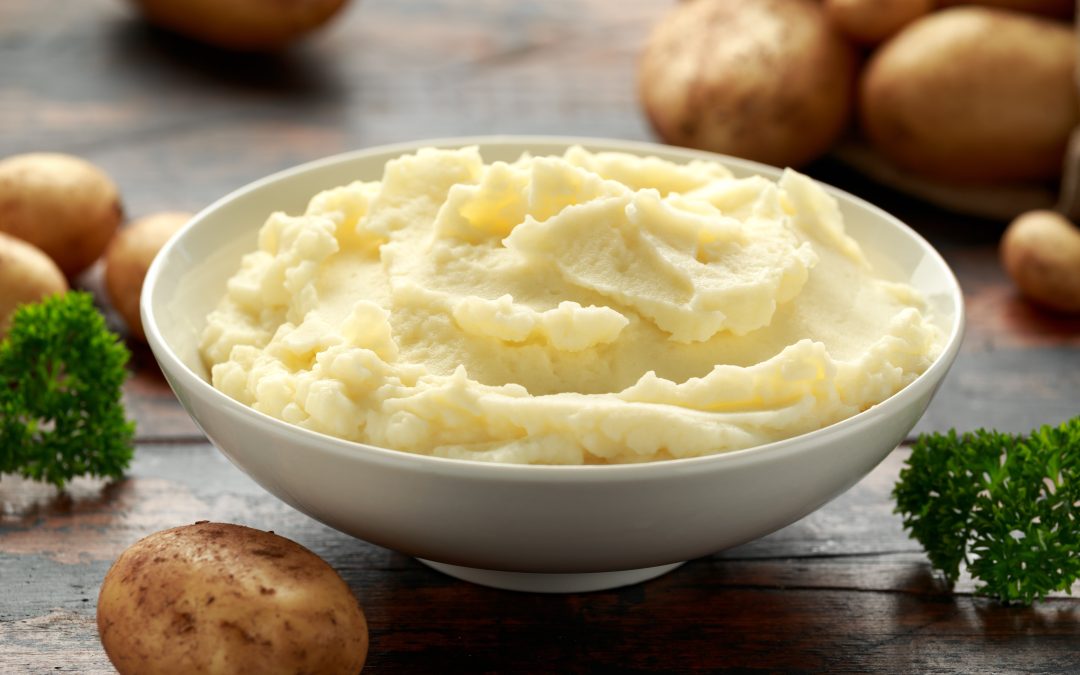Short Answer: Mashed potatoes, when consumed in moderation and prepared with healthier ingredients, can be a delicious and satisfying side dish. However, excessive consumption of traditional mashed potatoes may lead to potential health concerns due to their high carbohydrate, fat, and sodium content. As with any food, balance is key.
Long Answer:
Introduction: Mashed potatoes are a beloved comfort food enjoyed by people around the world. Creamy, buttery, and fluffy, they often find their place on dinner tables during holidays and everyday meals alike. However, like many indulgent dishes, mashed potatoes come with both benefits and potential drawbacks. In this blog, we’ll explore whether mashed potatoes are bad for you, discussing their side effects and benefits.
Side Effects:
-
Weight Gain: Traditional mashed potatoes are high in carbohydrates and can quickly contribute to calorie intake. Excessive consumption, especially with added butter and cream, may lead to weight gain.
-
Blood Sugar Spikes: The high glycemic index of potatoes can cause rapid spikes in blood sugar levels, which may be problematic for individuals with diabetes or those trying to manage their blood sugar.
-
Sodium Overload: Store-bought or pre-packaged mashed potatoes can contain high levels of sodium, leading to increased blood pressure and water retention.
-
Digestive Discomfort: Some individuals may experience bloating or digestive discomfort due to the starch content in potatoes, especially if they have a sensitive digestive system.
-
Acrylamide Formation: Overcooking mashed potatoes can lead to the formation of acrylamide, a potentially harmful chemical that forms when starchy foods are cooked at high temperatures.
Benefits:
-
Vitamins and Minerals: Potatoes are a good source of vitamins and minerals, including vitamin C, potassium, and B vitamins, which are essential for various bodily functions.
-
Fiber Content: With their skin intact, potatoes provide dietary fiber, aiding digestion and promoting a feeling of fullness.
-
Antioxidants: Potatoes contain antioxidants, such as carotenoids and flavonoids, which help combat oxidative stress and reduce the risk of chronic diseases.
-
Energy Source: Mashed potatoes, in moderation, can be a valuable energy source for active individuals and athletes due to their carbohydrate content.
-
Comfort and Mental Health: Mashed potatoes can offer emotional comfort and contribute to mental well-being, especially during times of stress or nostalgia.
Conclusion: Are mashed potatoes bad for you? The answer lies in moderation and preparation. While traditional mashed potatoes with excessive butter and cream can pose health concerns, enjoying mashed potatoes in moderation with healthier ingredients can still be a part of a balanced diet. Opting for skin-on potatoes, using healthier fats, and being mindful of portion sizes can make mashed potatoes a delicious and nourishing addition to your meals. As with any food, it’s essential to strike a balance between indulgence and nutrition for overall well-being.

